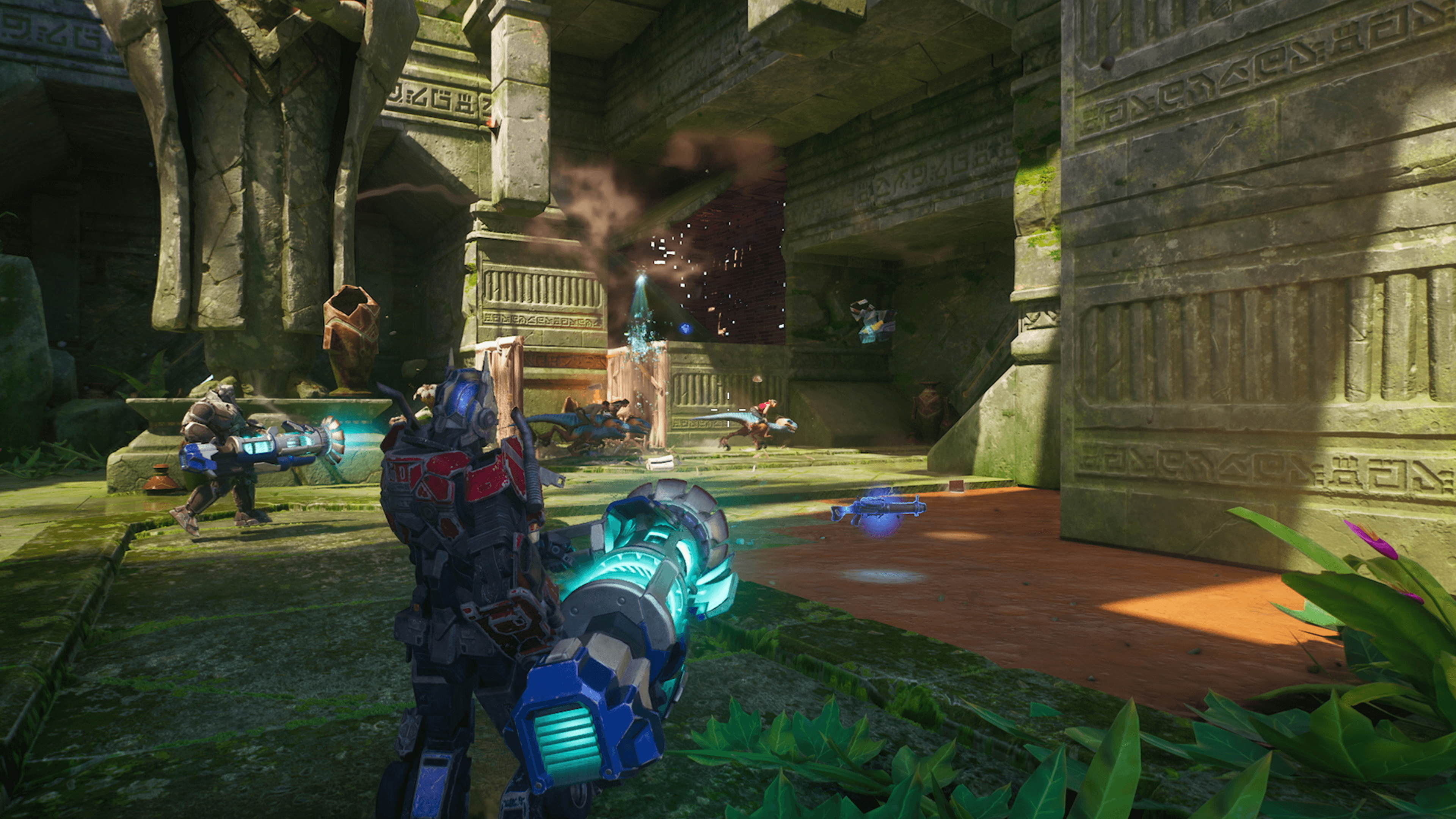When it comes to strategy games, the discussion often revolves around the delicate balance between depth and complexity. These two concepts play a crucial role in shaping the learning curve of a game and ultimately determining its long-term engagement. In this essay, we will delve into the concept of depth and complexity in games and explore their relationship with each other.
It’s probably good to start off with some definitions of the terms. Since neither term has an official/accepted explanation in game theory, I’d like to offer my own:
- Complexity is how much you need to know before you start having fun.
- Depth is how much fun you can have with what you already know.
Complexity
A certain level of complexity is necessary for any game. Without understanding the fundamental rules, mechanics, and objectives, there would be no game to play. However, the degree of complexity required can vary depending on the genre and intended audience.

Simulation and grand strategy games often demand a higher level of complexity to maintain realism and authenticity. These games strive to simulate intricate systems and provide players with a wealth of options and strategic choices. In these cases, complexity is not only expected but also welcomed by enthusiasts of the genre.

Contrastingly, action and puzzle games rely more on immediate engagement and fast-paced excitement. These games need to hook the player quickly to avoid boredom setting in. Consequently, they tend to prioritize accessibility and simplicity, minimizing complexity to allow for quick fun.
Depth
Depth emerges from the permutations and combinations of the concepts and mechanics presented to the player. By providing a solid foundation of knowledge, the game can then introduce variations and interactions between these elements, leading to increased depth.
However, poor design can lead to a disproportionate increase in complexity without a commensurate growth in depth. This can leave players overwhelmed and frustrated, as they struggle to navigate convoluted systems that fail to offer meaningful experiences.
In some instances, game designers leverage knowledge that exists outside the game itself to alleviate complexity and enhance depth. This approach capitalizes on players’ preexisting understanding of certain concepts or systems. For instance, physics principles in first-person shooters or vocabulary skills in a game of Scrabble.

By tapping into this external knowledge, the learning curve can be significantly reduced, allowing players to quickly engage with the game’s depth. When implemented thoughtfully, this technique can foster a sense of familiarity and empowerment, enabling players to focus on exploring the game’s possibilities rather than grappling with excessive complexity.
Final Words
In conclusion, the delicate balance between depth and complexity shapes the gaming experience, particularly in strategy games. Complexity acts as a gatekeeper, requiring players to learn the fundamental rules and mechanics before they can fully immerse themselves in the gameplay. However, true enjoyment emerges from the depth a game offers—its capacity to provide varied experiences, strategies, and possibilities.
Game designers must strike a careful balance, ensuring that complexity is not an obstacle to depth but a stepping stone towards it. By fostering depth through the interplay of concepts and mechanics, and by judiciously leveraging external knowledge, games can captivate players and offer them a world worth exploring. So, to all the ludophiles out there, may your gaming adventures be rich in both complexity and depth. Until next time!